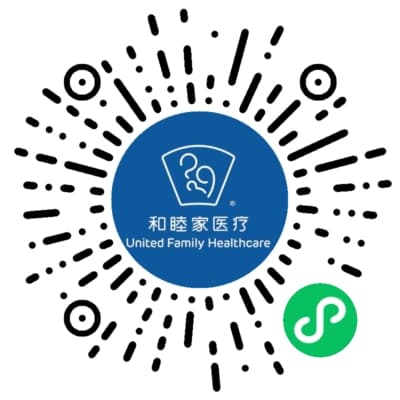General Introduction
Being a comprehensive healthcare provider, and unlike highly specialized organizations, UFH provides a wide variety of clinical services in its hospitals and clinics. These range from Family Medicine and Emergency Medicine at the front door, to inpatient services and home health. These include Obstetrics and Gynecology, Pediatrics, General Surgery, Orthopedic Surgery, Internal Medicine, Dentistry and Oral Surgery. We also manage our own support services such as laboratory, pharmacy and imaging. The complete list of our specialties is long.
In order to provide the highest quality of care, our clinical governance framework and oversight of clinical practice in each specialty is augmented and overseen by a group of specialist doctors and nurses managed at the corporate level. We call these specialist groups ‘networks’.

Primarily, UFH relies on the networks to provide the wider organisation with specialist advice and guidance in their areas of expertise and, where necessary, to support the smaller facilities in delivering the very highest quality of care to our patients.

Our networks are therefore an integral and important part of the way that we keep our patients safe and assure that we deliver the very best outcomes we can. However, the role of the network is complex and is wide-ranging. Networks will therefore often concentrate on a key area, relevant to their discipline at any one time.
Below are a few examples of where our networks have recently supported the wider organisation:
Network |
Area |
Example |
|---|---|---|
| Emergency Medicine | Recruitment of international specialists | The EM network oversees the assessment and interviewing of Emergency Medicine doctors because this group of doctors are often foreign-trained and need particular attention when credentialing. |
| Pediatrics | Incident investigation support for learning | A neonatal admission in one of our hospitals recently resulted in a transfer-out for higher-level care. In order to learn from this incident a specialist team from two other facilities worked locally to understand where we could improve practice. |
| OBGYN | Quality Indicator development and monitoring | Our OB network has focused recently on analyzing the reasons which underpin our caesarean section rate. As a result, our rate has remained at or around 25-30%, a figure which compares favourably to the very best international standards. |
| Family Medicine | Screening tests | In order to follow national and international evidence-based best practice, it is necessary to standardize our approach to common conditions. In China, this is particularly relevant to screening tests and packages, where ‘more is better’ is sometimes the approach. The FM network has developed and is testing a pre-screening questionnaire that helps Family Medicine doctors target the right tests for our patients. |
| Radiology and Imaging | Reporting templates | To improve the speed, accuracy and readability of our imaging reports the radiology network have developed a series of templates that aim to reduce error rates that help our international patients to read the resulting reports. |
| Pharmacy | Antimicrobial stewardship | We have implemented the WHO guidelines on antimicrobial stewardship and as a result have restricted the use of many of our broad-spectrum antibiotics, helping to curb the spread of resistance to these important medications. |
| Laboratory | Training standards | Our laboratory managers have developed a series of online training materials that have been used to measurably test the capability of our laboratory staff in the operation of laboratory devices and the reporting of certain test results. |






